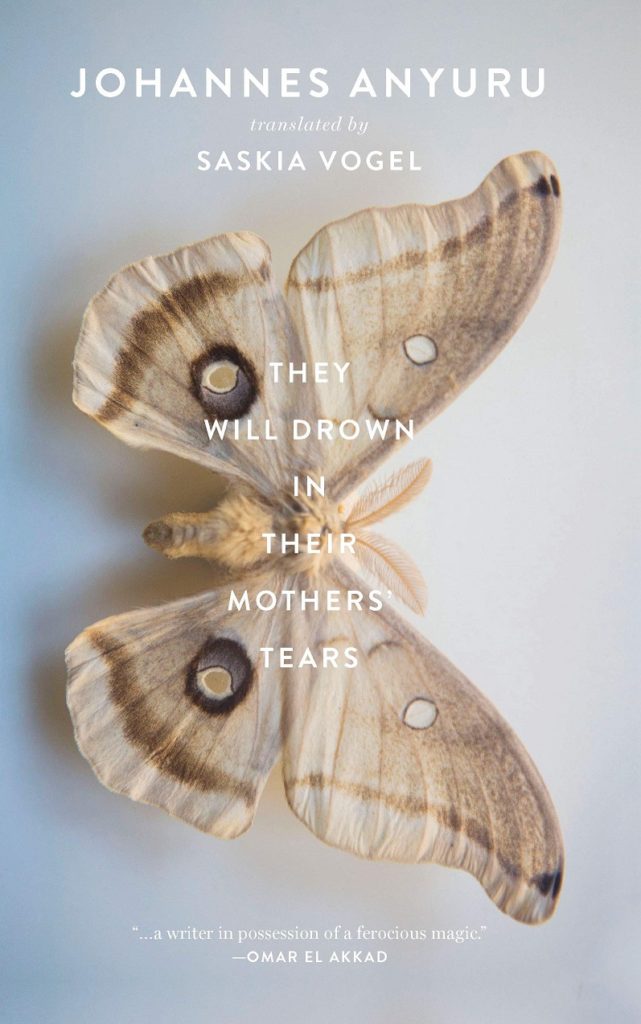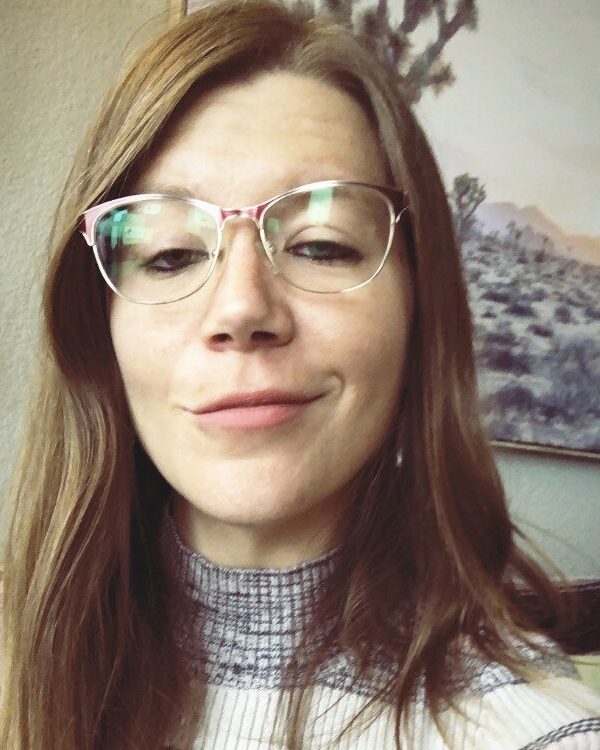One of the biggest literary awards for Swedish literature is the August Prize (Augustpriset). It takes its name from one of Sweden’s most famous authors — the fin de siècle playwright and novelist August Strindberg (known for works such as Miss Julie, A Dream Play, and The Red Room) — and celebrates the best contemporary creative writing coming out of Sweden every year. Far from the more commercial Scandinavian Noir or the hugely successful, heartfelt writing of Fredrik Backman (one of my personal favorites), winners of the August Prize often produce hugely complex and boundary-pushing work for more niche audiences.
In 2017, the winner of the fiction category was Johannes Anyuru’s They Will Drown in Their Mothers’ Tears — a genre-bending exploration of terrorism, segregation, and the underbelly of Swedish society. It was translated into English by Saskia Vogel and published by Two Lines Press in 2020.
They Will Drown in Their Mothers’ Tears is as intense as the title suggests. From the first chapter, we’re thrown into an almost cinematic collage of chaos and destruction as we follow a young woman taking part in an act of terrorism. The target is a bookshop in downtown Gothenburg where a famous artist is displaying his newest sketches, including depictions of the Prophet Muhammad and other derogatory images of Muslims that push the boundaries of free speech.
The young woman is tasked with filming the attack but struggles to keep her intrusive memories and a strong sense of déjà vu at bay. Two years later, a writer is invited to a criminal psychiatric ward where the girl is being held. She claims to come from the future and begins to share her story.
It’s no coincidence that Anyuru has chosen this as the backdrop of his novel, zeroing in on a tension in Swedish society which many prefer to ignore. Not only does this premise refer to the terrorist attack against the French magazine Charlie Hebdo, but it also makes a nod towards the controversial Swedish artist Lars Wilks, infamous for his caricatures of Muhammad. It asks questions about what it means to be Swedish, about exclusion both self-made and forced, and about the consequences of action as well as inaction. Who is responsible for such acts of violence?
At once social thriller and soft sci-fi, They Will Drown in Their Mothers’ Tears is a cautionary tale of what Sweden may or may not turn into. Anyuru’s writing is lush (at least in the Swedish original that I read) and sparse at the same time. Short sentences filled with hidden meanings and longer passages that paint vivid scenes swap places throughout the novel. Night butterflies feature as a prominent symbol, indicating the potentially enormous consequences of seemingly insignificant actions, like a storm caused by the flap of a butterfly’s wing.
As beautiful as the writing is, however, it is also frustratingly vague. Combined with a complex narrative structure that plays with time and space and which keeps the reader guessing, I found it almost impenetrable at times. Despite not being opposed to novels with open endings, when I turned the last page of They Will Drown in Their Mothers’ Tears, there were simply too many questions left unanswered. Anyuru has woven a cloak of deception so thick it starts to obstruct the message and, ultimately, blunt the potency of the work.
And yet, I find myself thinking about it and being intrigued enough to consider not only a second but a third re-read. Innovative, ambitious and thought-provoking, it has many of the ingredients that I love in a novel, despite my critique. And if you’re the type of reader that doesn’t mind a degree of perplexity, and loves sci-fi that is scarily indistinguishable from the modern world, this one is definitely for you.
Linnea Gradin is a writer for Reedsy — a UK-based company in the self-publishing industry which connects authors with publishing professionals and addresses questions as diverse as what is a novella and how to publish a children’s book. She has a Masters of Philosophy in Sociology from the University of Cambridge and is currently studying Publishing Studies at Lund University. In her free time, she’s desperately trying to reduce the ever-growing pile of unread books on her shelves.




